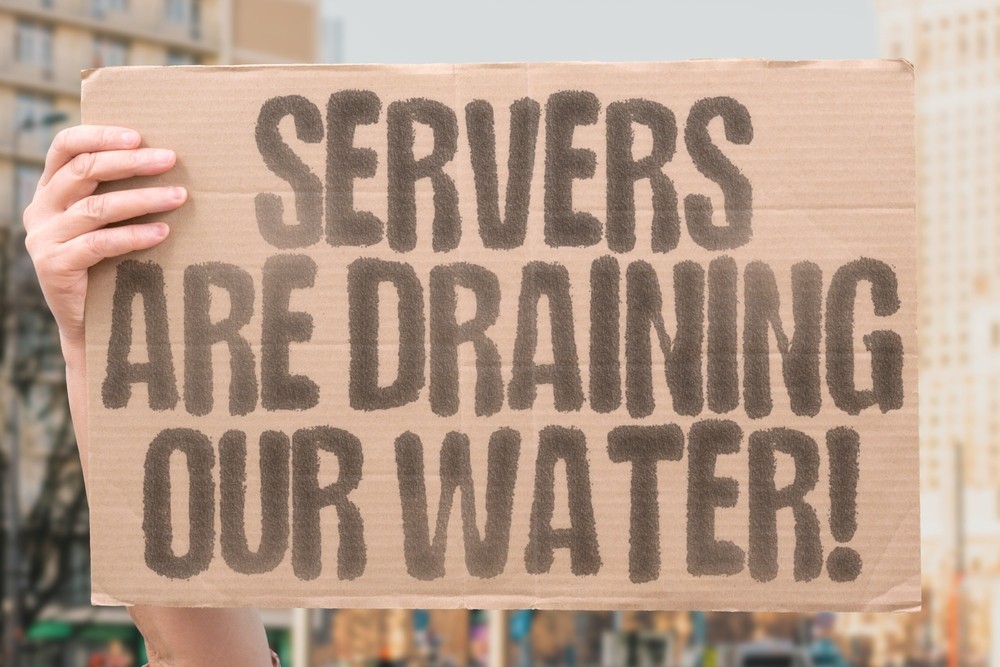As Europe grapples with a notable rise in wildfires amid record droughts and extreme heat, the stress on water resources for data centre cooling has emerged as a pressing concern. Traditionally, debates in the industry have concentrated on surging energy needs. However, in today's climate, water scarcity is proving an equally pressing threat to the sustainability and resilience of Europe's swiftly expanding digital infrastructure.
Robert Pritchard, Principal Analyst at the data and analytics firm GlobalData, highlights, “Climate change has produced weather patterns from wildfires to flash floods that are becoming more extreme worldwide. Superheated ground results in less rain getting absorbed into aquifers and instead running over dry soil, often destroying lives and livelihoods. Climate change also means that the requirement for water to cool the ever-expanding base of data centres is likely to become an issue that needs addressing.”
Previously, the infrastructure needs of data centres have prioritised vast energy consumption. Nevertheless, solutions like new nuclear technologies are being explored, while countries such as Singapore and Dublin have put a hold on or stopped new data centre construction to preserve energy for local populations.
Pritchard further states, “Data centre providers are using technology innovations to try to address energy demands... given the explosion of AI.” Yet, even with a push towards alternatives to water cooling and reduction in usage, the OECD predicts AI tools will require a staggering 4.2-6.6 billion cubic meters of water by 2027, exceeding Denmark's total annual consumption and nearing half of the UK's.
Pritchard warns, “solutions must be set within the context of climate change and the immediate impact it is having on citizens’ lives. It is a political issue and a social issue, not just a technology issue.”
Additionally, while energy infrastructure can count on backup generators, there is no water equivalent, despite the existence of data lakes. Complicated further by potential terrorist threats to water infrastructure, water scarcity's implications are significant.




